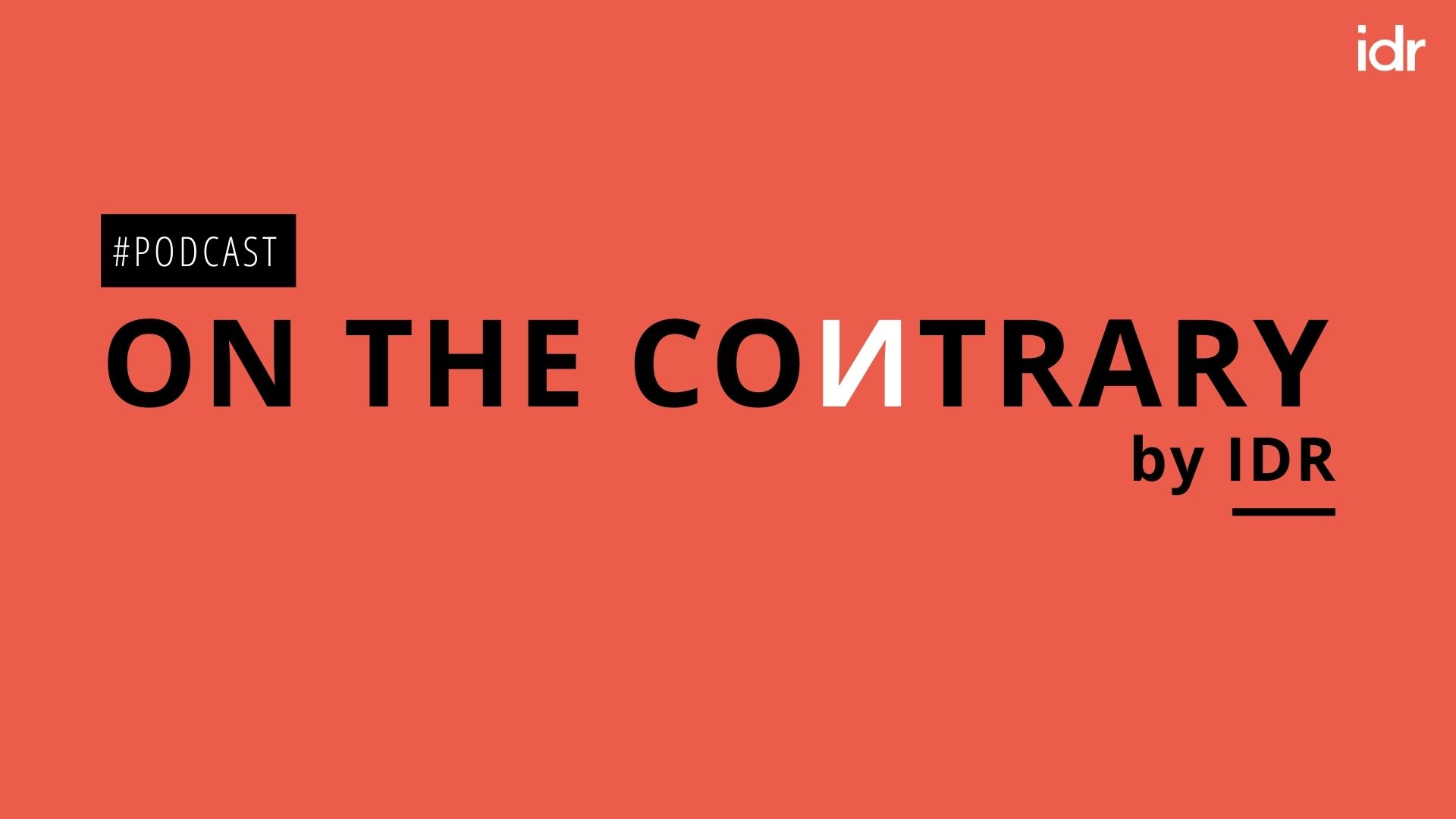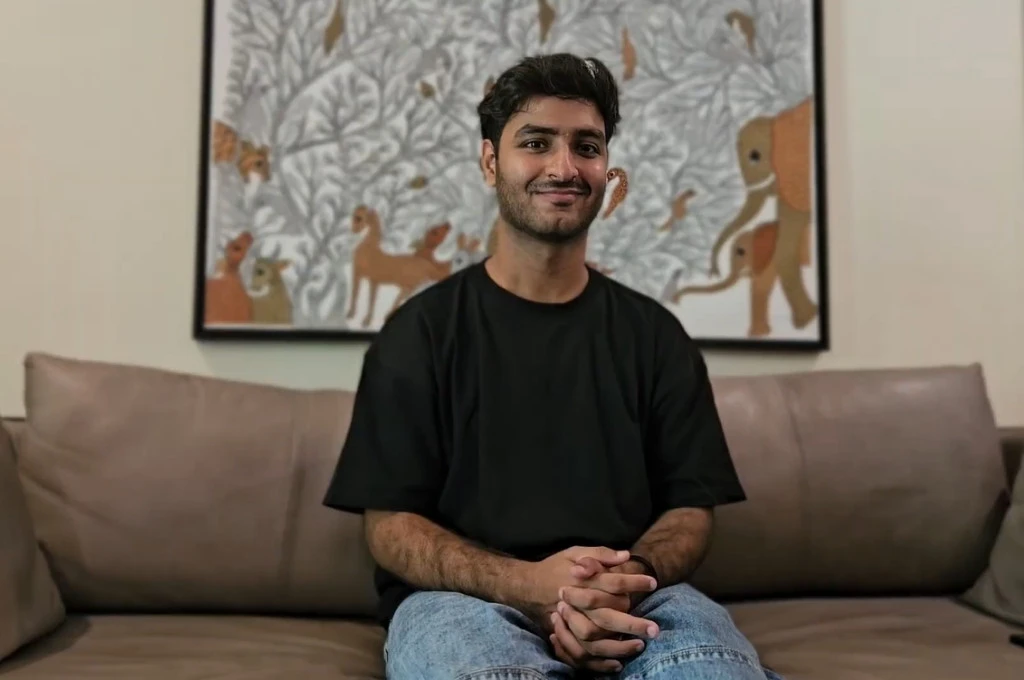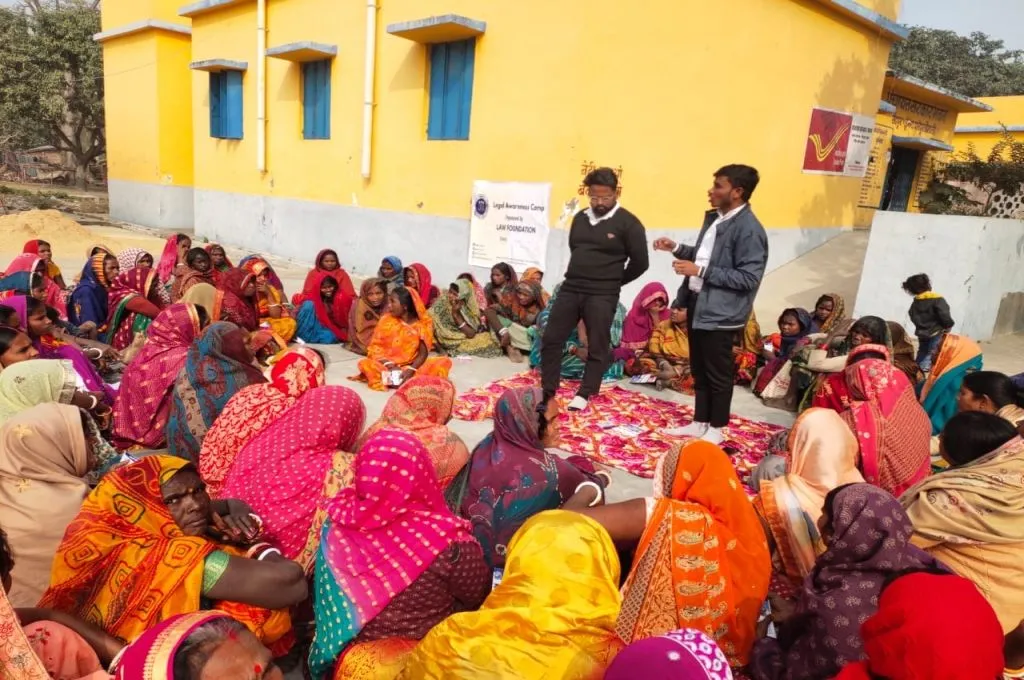Thenmozhi Soundararajan is a transmedia artist and activist. She is the founder and executive director of Equality Labs, a Dalit civil rights organisation dedicated to ending caste apartheid, gender-based violence, Islamophobia, white supremacy, and religious intolerance. Her work has been crucial in making many institutions and universities in America re-evaluate their discrimination policies and include caste as a protected category. Thenmozhi is also the force behind #DalitWomenFight, a community-led digital project to amplify the voices of Dalit women fighting for justice, and the co-founder of Dalit History Month. In her upcoming book The Trauma of Caste, Thenmozhi explores the trauma of Brahmanical social structures for caste-oppressed communities, and what healing and well-being can look like.
This episode is part of a special series, in partnership with The Wellbeing Project, where we look at the intersection of failure and well-being.
Excerpt:
“I think one thing that’s very important is to recognise that you are part of a chain, a lineage of resilience, you know, so it’s never about you at a singular point in time; there are ancestors that have fed you to get to this moment, and there are those that will follow you, for whom you are an ancestor in training. And when you recognise that you’re not the single hand that’s carrying the responsibility for freedom…it’s…it basically takes the burden off of you from imagining that you have to win it all right at this moment, you know. And that’s why I always say that we’re fighting to end caste apartheid in our lifetime. And we live our lives as if we see that goalpost, you know, so that means setting targets that are strategic and visionary. That means, you know, pushing ourselves to look and examine and unearth all the places where caste exists—in our bodies and our policies and our institutions, and our relationships. But also that we need to fundamentally also understand that you might sometimes win a battle or lose a battle. But we are really in the process of building leaders who can be autonomous and dream and fight and strategise on themselves in ways that are separate from how Brahmanism trains us to be.”
—
Read more
- Read more failure stories on Failure Files.
- Dip into Centred Self, a series exploring the important but often overlooked connection between inner well-being and effective social change.
- Check out some ideas and tools from Fail Forward to help your organisation take risks, learn, adapt, and fail intelligently.
- Understand why the social sector must recognise and talk about failure.
- Learn why talking about failure is crucial for growth.
- Explore Alliance Magazine’s issue on learning from failure and how it can contribute to better philanthropy.
Want to share your failure story? Learn more about what we’re looking for here, and share your pitch/story on writetous@idronline.org



